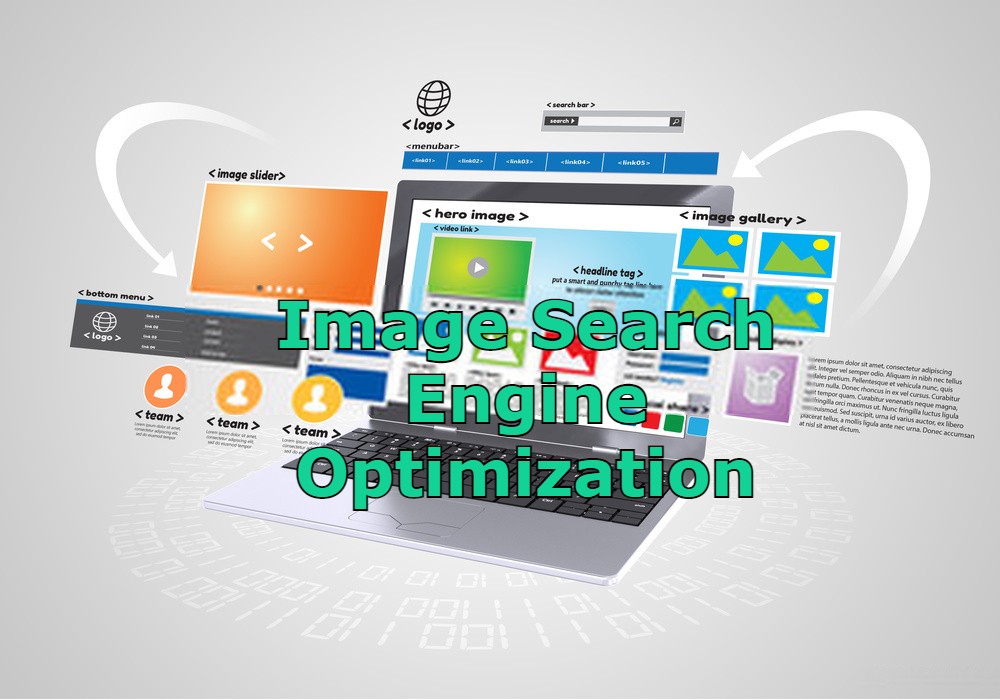Image Search Engine Optimization is an on-page search engine optimization which primarily relates to image files. As a result, it is referred to as image optimization. The advantage of image SEO is it improves the ranking of a website in the Google Image search. Also, increase the visibility of a website and improve the TF*IDF ratio. SEO of images involves graphic elements like file name, size and even positioning on the website. The image should be relative to your webpage content.
As well, it makes a better user experience, faster page load times, and additional ranking opportunities.
Table of Contents
Important of Image Search Engine Optimization
Some of the important Image Search Engine Optimization tips you need to know
Choose the right format
Compress your image
Create unique images
Beware of copyright
Customize image file names
Write SEO-friendly Alt Text
Think about the image file structure
Make your page title and description
Define your dimensions
Make your images mobile-friendly
Add images to your sitemap
Choose the right format
There are various types of image format like PNG, JPEG which is the most common for the web.
- PNG: The PNG image contains better quality images and comes with larger file sizes.
- JPEG: The JPEG image contains lose image quality and the image can easily adjust the quality level to find a good balance.
Additionally, I mostly use the PNG image for my webpages.
Compress your image
Image must be compressed in the proper format that is makeup on average 21% of a total webpage’s weight. Therefore, before uploading the image to your site you must compress your images. The image can be compressed through tools like TinyPNG or Photoshop. TinyPNG contains a WordPress plugin that you can use it too. By compressing the image you can improve your website speed. Additionally, you can use Google’s Page Speed Insights tool for checking the website speed.
Create unique images
Unique images should be upload to your website. If you choose the same image as others it will claim the copyright. This will make your ranking position decrease in the Google search engine optimization (SEO). The image should be of high- quality for that you can choose the PNG images. The more original picture you upload to your website it will be a better experience for the user. Also, ranking on relevant searches.
Beware of copyright
The image you choose might be copyright so, make sure that there’s no copyright conflict. You can choose the photos from pixbay.com or pixels.com for free photos. Here, you shouldn’t be afraid of copyright. You must have the license to choose the copyright images otherwise you’re risking an expensive lawsuit. As well as, a copyright claim is found on your website it will automatically decrease the position of your website from the search engine.
Customize image file names
While you upload the image to your website you must customize image file names. The image file name should be related to your topic. Also, helps google search the image on the search engine. Filename with “IMG_123” will not be able to help the google. If you change the default image name then it is always a good idea for you. Google will claim to your image with the subject matter. So, you must have to customize the image file name.
Write SEO-friendly Alt Text
Alt text must be similar to the title, used to describe the attribute of the contents of an image. when you upload the image you will get the image box with the alt text in the left corner. Furthermore, you must be sure that the image is fit or not, and is the picture is relevant or not. In Image search engine optimization it acts as anchor text.
Make your page title and description
Page title must be unique and description must be related to the given title. After writing the page title and description the image you upload on your site must be related to them. This will make the user easy to understand. The important title and description, Metadata, header tags, copy on the page, structured data, etc affect the way Google ranks your images.
Define your dimensions
You must define the height and width of the image while you upload to your site. This process will provide a better user experience. You can define the dimension in the source code. Dimension makes your image fit the position.
Make your images mobile-friendly
You must create the image into a responsive one. Responsive will scale the size of the site whether the user is using a desktop or mobile. By making responsive it will just adjust to the size of the device. This process gives you more ranking power and better user engagement.

2 thoughts on “Image Search Engine Optimization”